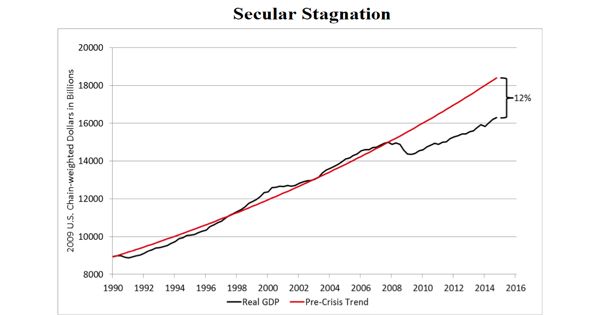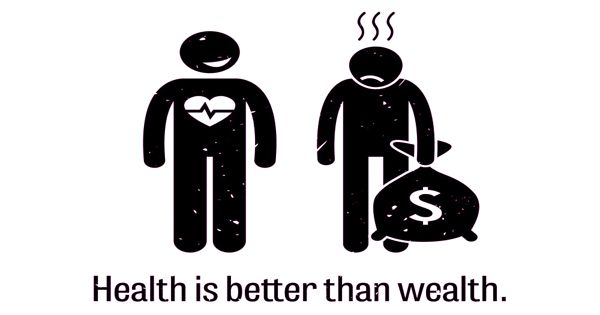Rainfall is linked to economic growth and, in general, has a positive impact on arid and destitute places that rely heavily on rainfed agriculture. The economic consequences of climate change are the economic consequences caused by the effects of climate change. Climate change causes ocean water to become warmer and more acidic, rising sea levels, more frequent extreme weather events (such as flooding and drought), and an extended weather season.
A team of Potsdam scientists discovered that when the number of wet days and days with heavy rainfall increases, so does economic growth. According to their analysis, which was just published as the cover story in the journal Nature, rich countries are the most badly affected, namely the industrial and service sectors. The data study of more than 1,500 places over the last 40 years reveals a definite link, implying that increased daily rainfall caused by climate change from the use of oil and coal will affect the world economy.
“It all comes down to wealth and, eventually, people’s jobs. More wet days and extreme daily rainfall are slowing down economies around the world, adding to our growing understanding of the true costs of climate change “According to Leonie Wenz, the study’s lead author from the Potsdam Institute for Climate Impact Research (PIK) and the Mercator Research Institute on Global Commons and Climate Change (MCC).
“Macroeconomic studies of climate impacts have thus far concentrated mostly on temperature and, if at all, only on changes in rainfall over longer time scales such as years or months, therefore missing the whole picture,” Wenz argues. “While increased yearly rainfall is typically beneficial to economies, particularly agriculturally based countries, the challenge is also how the rain is distributed throughout the year. Intensified daily rainfall is unfavorable, particularly for wealthy, industrialized countries such as the United States, Japan, and Germany.”
Our study reveals that it is precisely the fingerprint of global warming in daily rainfall that has hefty economic effects that have yet to be accounted for but are highly relevant.
Anders Levermann
A first-of-its-kind global analysis of subnational rainfall effects
“We detect a lot of diverse effects on economic productivity, but the most important one comes from severe daily rainfall,” says Maximilian Kotz, the study’s first author and also a researcher at the Potsdam Institute. “This is because rainfall extremes are where we can already see the most clearly the impact of climate change, and they are intensifying practically everywhere around the planet.”
The analysis statistically examines data on sub-national economic output for 1554 regions around the world from 1979 to 2019, as gathered and made public by MCC and PIK. These are combined with high-resolution rainfall data by the scientists. The combination of ever-increasing detail in climatic and economic data is especially important in the context of rain, which is a highly local phenomena, and provided new insights.

“It’s the daily rainfall that poses the threat”
Humanity is warming the world by polluting the atmosphere with greenhouse gases emitted by fossil-fuel power plants and automobiles. Warmer air can store more water vapor, which eventually turns into rain. Although atmospheric dynamics complicate regional changes in annual averages, daily rainfall extremes are growing globally as a result of the water vapor effect.
“Our study reveals that it is precisely the fingerprint of global warming in daily rainfall that has hefty economic effects that have yet to be accounted for but are highly relevant,” says co-author Anders Levermann, Head of the Potsdam Institute’s Complexity Science domain, professor at Potsdam University, and researcher at Columbia University’s Lamont Doherty Earth Observatory in New York.
“Taking a closer look at short time periods rather than annual averages helps to grasp what is going on: the threat is posed by daily rainfall. Climate shocks from weather extremes pose a greater threat to our way of life than gradual changes. We hurt our economies by destroying our climate. We must ensure that the use of fossil fuels does not destabilize our civilizations as well.”
The economy and the environment are inextricably linked: the environment gives resources to the economy and serves as a sink for pollutants and trash. Natural resources are critical inputs for many industries, but production and use often cause pollution and other environmental problems. Poor environmental quality, in turn, has an impact on economic growth and well-being by reducing the amount and quality of resources or by having negative health effects, among other things.
















